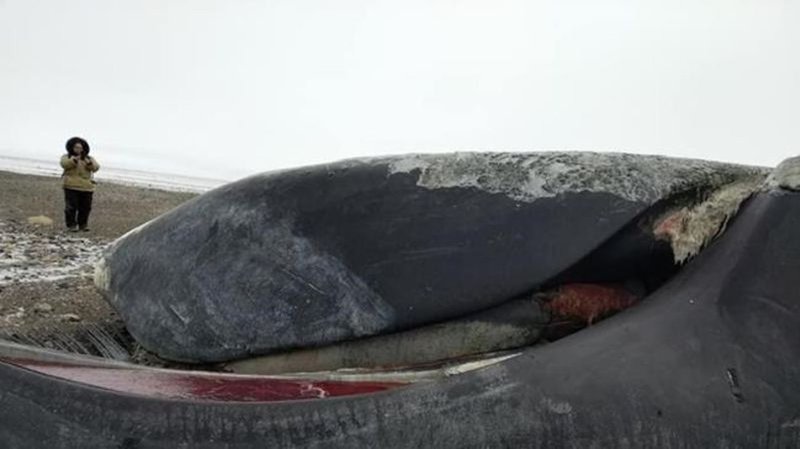
Election speculation and deadly milestone in Argentina: In The News for Oct. 20
In The News is a roundup of stories from The Canadian Press designed to kickstart your day. Here is what’s on the radar of our editors for the morning of Oct. 20 …
What we are watching in Canada …
Debate begins later today on the Conservatives’ push for an anticorruption committee the Liberals argue undermines Parliament.
The Liberals are threatening to turn the subsequent vote on the Conservatives’ motion to set up the committee into a confidence matter, which could in turn trigger an election.


